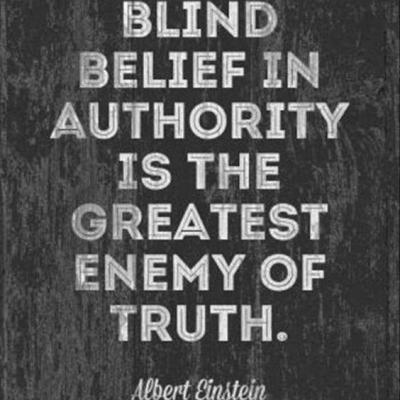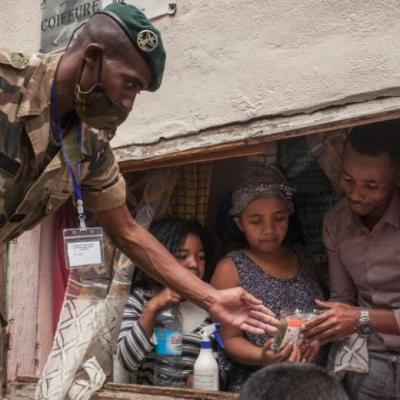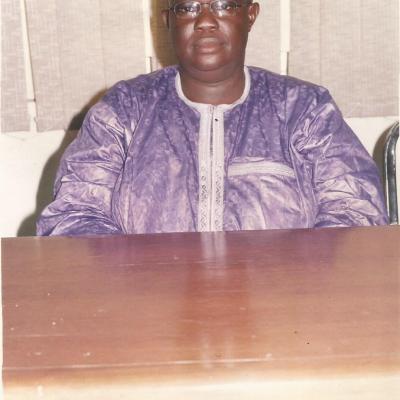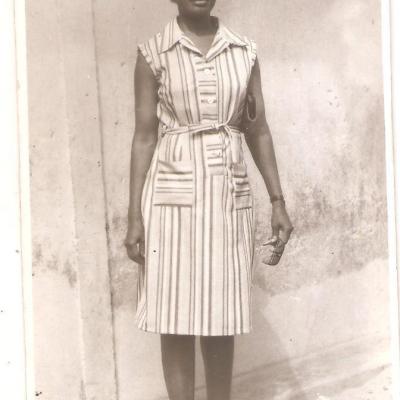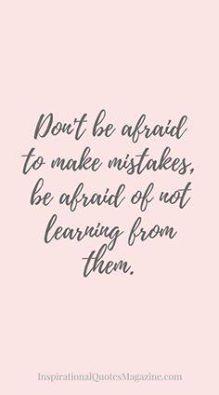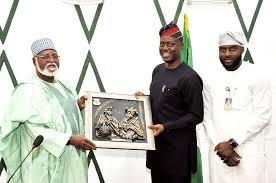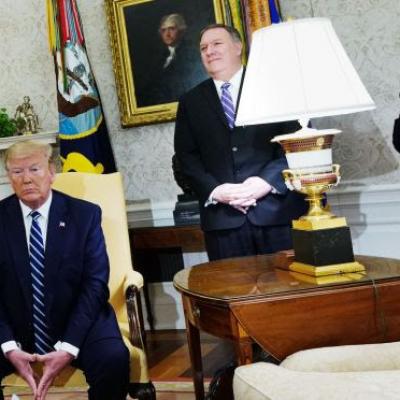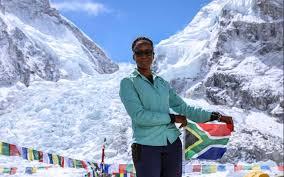Role Model
Thomas Birch Freeman / Henry Townsend / Samuel Ajai Crowther
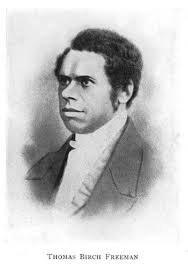
Thomas Birch Freeman, who was the son of an Africcan Father and an English mohter, was born in 1809.
At an early age Birch Freeman was accepted into the Methodist Church. He began in missionary career in the then Gold Coast(now Ghana).
On his arrival; in Badagry, Nigeria, he discovered that there was no Church. Without been discouraged, he started his evangelism under a tree.
Afterwards, he built a missionary house, while he along those assisting him built a place of worship.
Having spread the gospel satisfactorily in Badagry, he moved on to Abeokuta, where he conducted the first Christian service in the ancient town, in front of Oba Sodeke's palace.
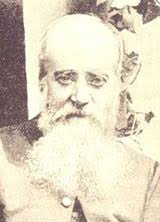
Henry Townsend, an Anglican missionary, arrived Nigeria in 1842. Towsend's voyage was prompted by the freed slaves of the Anglican denomination of Yoruba descent, who pleaded with the Church Missionary Society in Sierra Leone to send a ''shepherd'' to cater for the ''flock''. In response to this request, Townsend was sent to Badagry.
On Christmsa eve, in 1842, Townsend, who was accompanied by two African aides, met with Birch Freeman, who had just returned from Badagry.
Both discussed extensively of their plans to spread the gospel in Yorubaland.
On Cirstmas day, the tqwo missionaries joined other Christain fathful of Anglican and Methodist persuasions in a joint service.
Birch Freeman also, enligthenend Townsend on all he needed to suceed. The former returned to Sierra Leone, while the latter proceeded to Abeokuta.
Townsend was given a rousing welcome and hosted at Oba Sodeke's palace in Abeokuta.
The next day, he held a service in front of ther Oba palace and everthing he said in English was interpreted to Yoruba langauge by one of his aides.
After spending a week, he returned to Sierra Leone, to give a comprehensive report to the Church Missionary Society.
Not long afterwards, he returned alongside other missionaries,, including Samuel Ajai Crowther having been ordained a minister.
In 1852, Townsend established a printing press, the first in Niggeria and in 1859 he published the first TYoruba newspaper, ''Iwe Irohin'', a bi-monthly publication. In addition, he also, published and printed a book of Yoruba hymns.
The missionary also establiehd, a school, where people learnt how to read and write, thery were also trained in different vocations, including carpentary.
In 1859, over 3,000 people had passed through the C.M.S Schools in Badagry and Abeokuta.
In 1862, Townsend, established a motherless babies home, after which he retired in 1876.
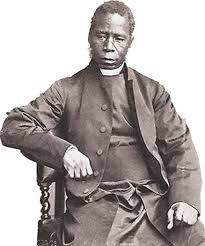
Samuel Ajai Crowther was born in a small village, Osogun, about 1806. History has it that Crowther's father was assassinated by warriors from Sokoto in 1821, while himself, his mother and two sisters, Lanre and Amosa, were taken into slavery by the Fulanis.
In the first instance, Ajai and one of his sister ended up in a chief's home and afterwards, he was bartered for a horse.
The horse did not impress the chief, so he returned it and retrieved Ajai, who he subsequently sold to a Portuguese slave trader at the coast.
Ajai and other slaves were put on an American bound ship, which was intercepted by two British war ships, which apprehended the ship conveying the slaves and set them free.
The British Government had outlawed slave trade.
Ajai and five other slaves were taken to Sierra Leone.
In the Sub-Saharan country, Ajai was cared for by a guardian and after six months, he could read the Bible, and was given a leadership position in school. His monthly emolument was 71/2 d.
Ajai was baptized on 11 December, 1825 and named Samuel Crowther and a year later, his guardian took him to England on a visit.
While in England, he attended a church school for eight months and when he returned to Sierra Leone in 1827, he was made a village school master.
Samuel Ajai Crowther was the first student at the Fourah Bay College and the Principal of the college described Crowther as a student of good character, who was very studious.
In Freetwon, Crowther met Susannah Thompson, a daughter of the Alaafin of Oyo, who was also rescued from a slave ship. He got married to her and they had six children.
Crowther was part of an expedition mandated by the British Government to explore the Niger in 1841.
Several Europeans in the expedition took ill and passed on, however, Crowther survived. This convinced him that the task of introducing Christianity in Africa could only be achieved with the assistance of Africans.
In 1843, he became a minister of the church and the next year, he alongside Hnery Townsend, arrived Yorubaland for evangelism.
He was highly talented. He translated the prayer book to Yoruba language and wrote grammars of the Yoruba, Igbo and Nupe languages.
He showed great interest in Medicine and Health, and as a result established a dispensary in Abeokuta.
He visited England on several occasions and on one of such visits, he met Queen Victoria at Windsor castle. Pleased with his ability to read the Lord's prayer in Yoruba langauge, the Queen presented hi with a golden pencil.
Crowther was consecrated a Bishop in 1864, in the famous Cantebury Cathedral in England. The wife of his aged guardian and the captain, who rescued him and others from the salve ship witnessed the ceremony.
Afterwards, he returned to Africa, to continue his missonary work, not only in Yorubaland, but across the Niger and in the North.
Challenges never discouraged him, to the admiration of Africans and Europeans, who had dealings with him. He passed on, on 1 December, 1891.
Last edited: 04/02/2019
Add a comment


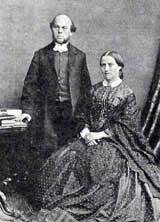
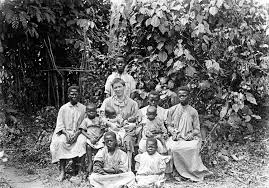
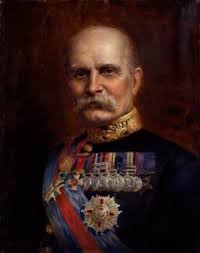





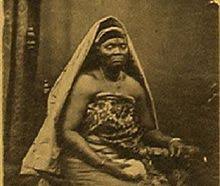

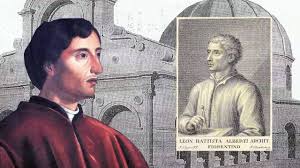
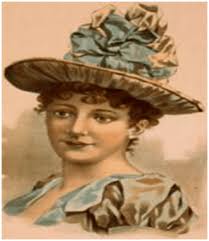
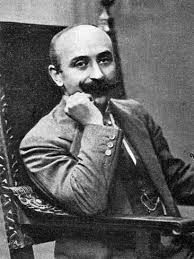
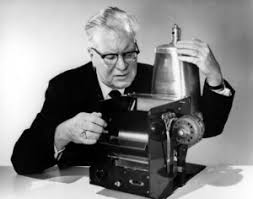
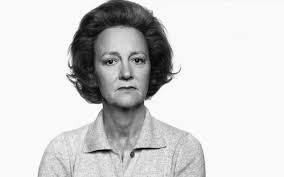
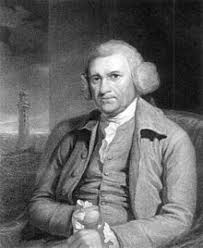
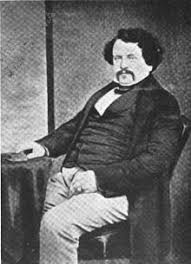
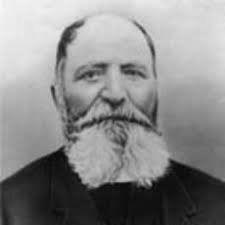

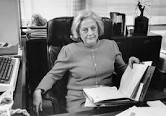
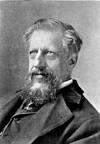
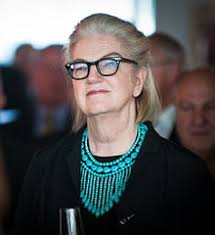

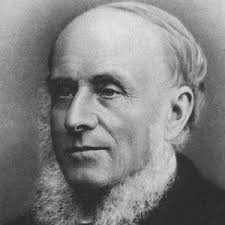
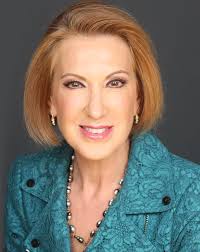

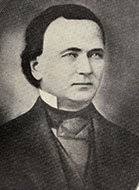
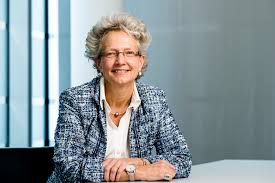
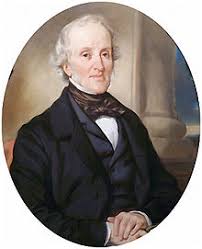
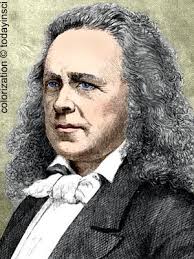
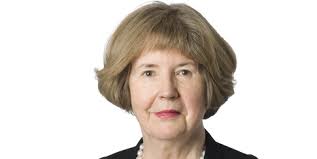
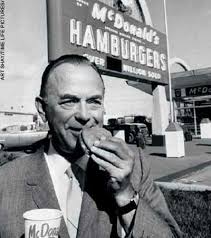
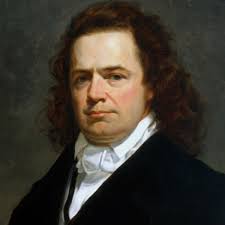
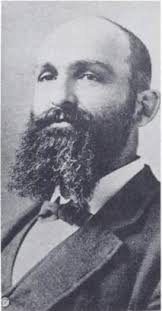
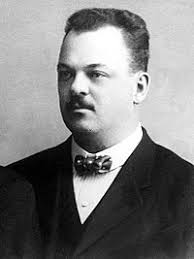
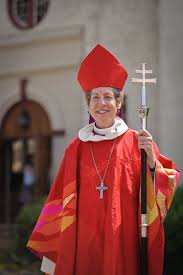 In 2006, Bishop Katharine Schori was the first woman leader in the Anglican church.
In 2006, Bishop Katharine Schori was the first woman leader in the Anglican church.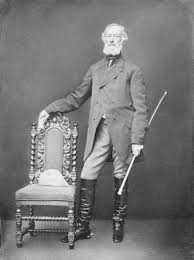 Alfred Krupp was born in Essen into a family of metal work professionals. Krupp began work at the family iron forge at a time his father took ill.
Alfred Krupp was born in Essen into a family of metal work professionals. Krupp began work at the family iron forge at a time his father took ill.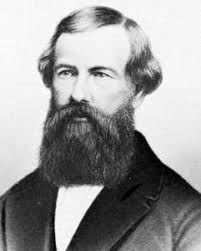 Elisha Otis got the patent for the ''Improvement in Hoisting Apparatus''. Even though lifts had been in use for some time, Otis invented a safety mechanism that stopped the lift falling, should the rope broke, thereby heralding safe passenger lift and enabling the development of the high rise building.
Elisha Otis got the patent for the ''Improvement in Hoisting Apparatus''. Even though lifts had been in use for some time, Otis invented a safety mechanism that stopped the lift falling, should the rope broke, thereby heralding safe passenger lift and enabling the development of the high rise building.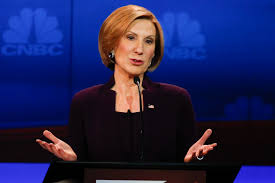 In 1999, Carly Florina became the first woman Chef Executive Officer(CEO) in the 30 company Dow Jones Average(Hewlett-Packard).
In 1999, Carly Florina became the first woman Chef Executive Officer(CEO) in the 30 company Dow Jones Average(Hewlett-Packard).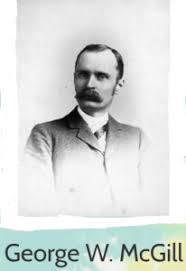 In 1866, George McGill invented the Patent Single Stroke Press used to inert brass fasteners into papers.
In 1866, George McGill invented the Patent Single Stroke Press used to inert brass fasteners into papers.